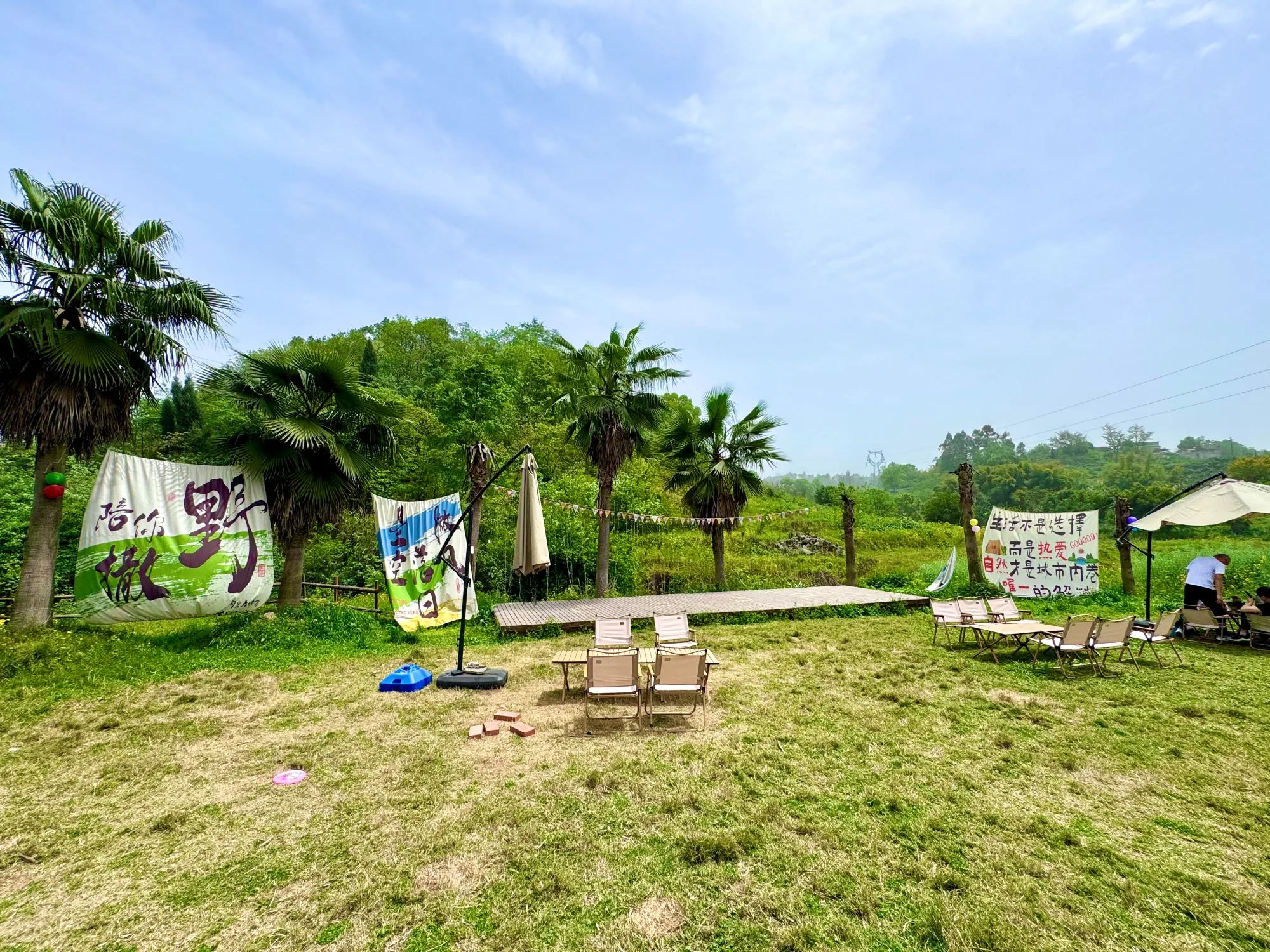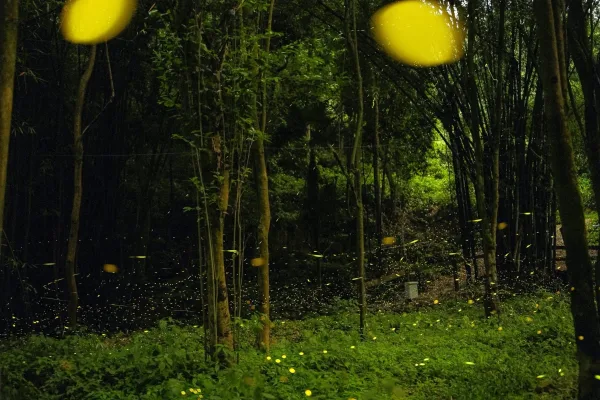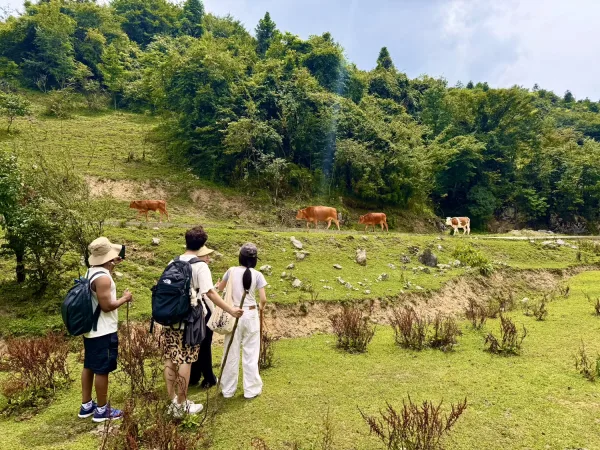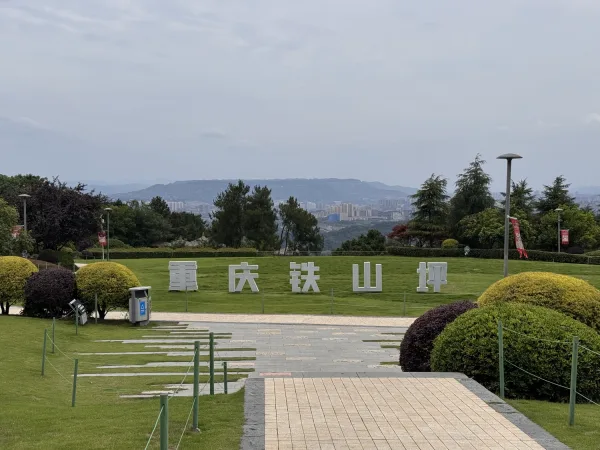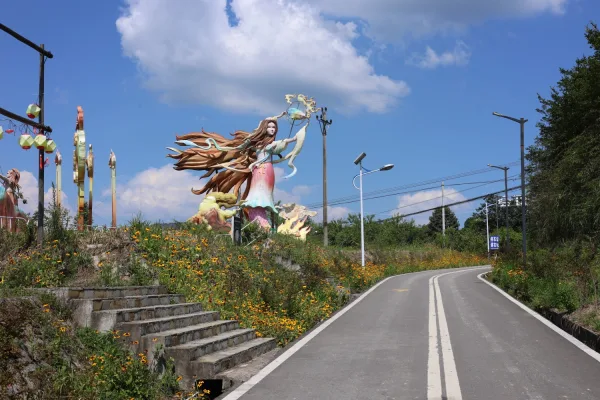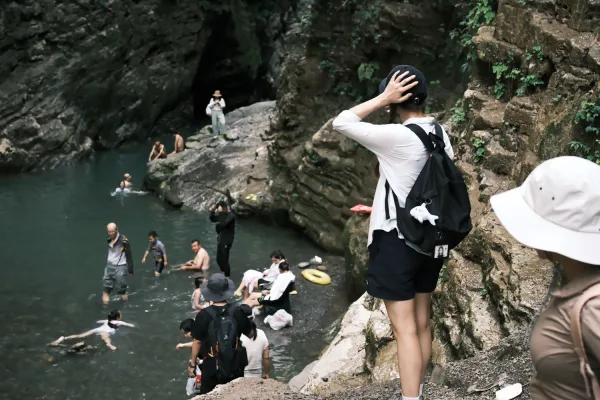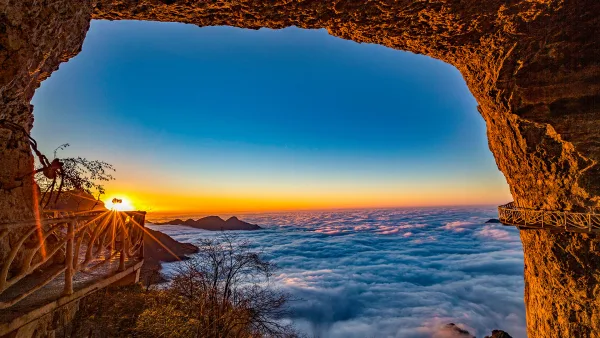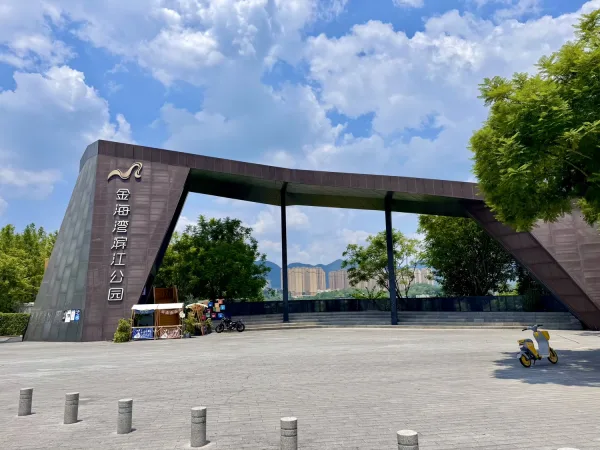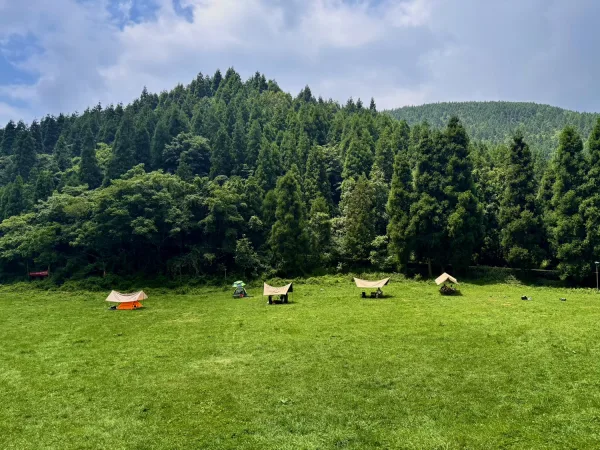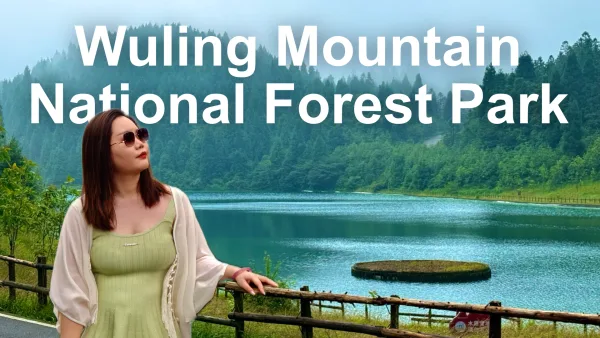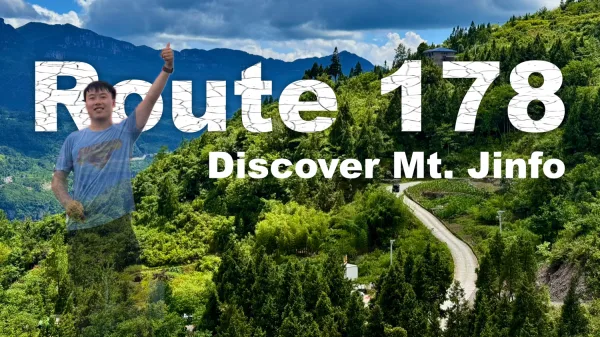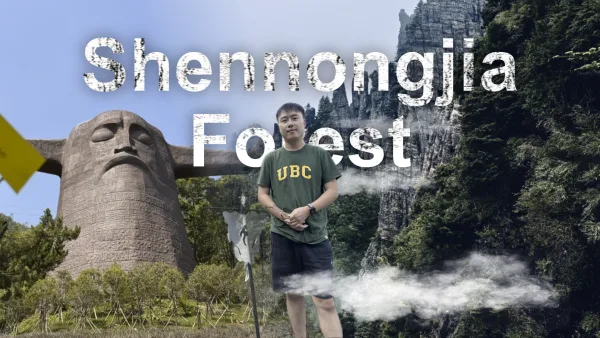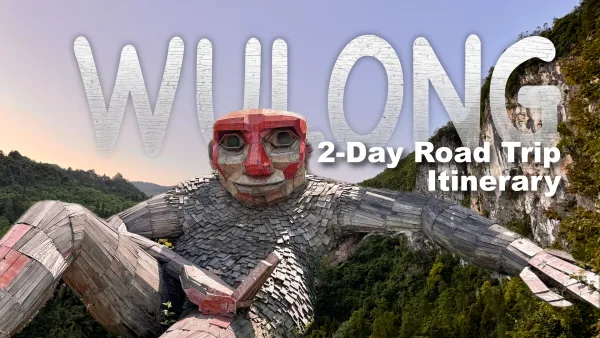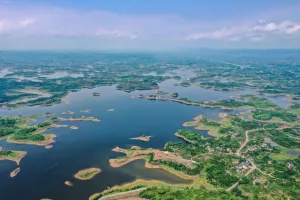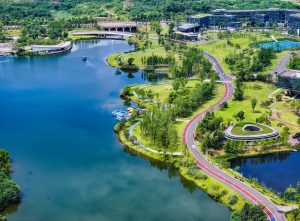Camping is a great way to get close to Chongqing’s nature and immerse yourself in amazing natural beauty. There are many ways to camp in Chongqing; most places offer frontcountry camping, meaning an area within 1 km of a park road or a highway.
Camping Advisories
Things to Know Before Camping
Fire Ban
As you hike Chongqing’s mountains, stay informed about the current fire ban.
Open fires are strictly prohibited in most forested and rural areas of Chongqing. Some parks may have additional checkpoints at trail entrances where staff will collect your information, require you to sign a waiver acknowledging fire regulations, and ask you to surrender any lighters.
There have been cases where individuals carrying lighters sparked significant wildfires. To avoid severe legal consequences, it’s critical to comply with these rules and prevent forest fires.
Smoking
Smoking is strictly prohibited in most forests and rural hiking trails.
Trip Planning
Planning is an essential part of any safe and successful outdoor adventure. Whether camping or hiking, you should always be prepared and know what to expect.
Check for Updates
We understand that there is a significant lack of information available online for visitors, especially for foreigners travelling in and around Chongqing; therefore, we try to make our information as extensive as possible. If you are going out on an attraction, on a hiking journey, or boating at a lake, be sure to check out our travel advisories first.
Please also note that while all efforts will be made to ensure the accuracy, information for parks in Chongqing may change quickly, and without any official announcement, making it hard for us to update our content. We rely on feedback from visitors to ensure our content is up to date. Please always use reasonable consideration before doing any activity.
Make a Trip Plan
Ensure someone knows about your trip, which place you are going to, and which park you are visiting, especially in rural hiking trails which are less visited by people, in case you don’t return as expected. If you are going on a backcountry trip, leave a copy of your plan with someone you trust.
Check for Signages
When arriving at a park, always check for important signage, usually at the park entrance, tourist centre or trail start point. Use image translation tools on your phone to translate signage and make sure you comply with all the safety regulations.
Chongqing Camping Ideas
We are constantly updating our website with more camping experiences. Please consider following us on Social Media so you don’t miss the latest content.
Campsite Booking
Advanced booking is always recommended. Some campsites are on a first-come, first-served basis. Check out our website for the contact method of the campsite. If the contact information is not available, search for its name on AMap or Apple Maps to find its latest contact information. You may require a Chinese person to assist you with the booking.
Campsite Facilities
Other than backcountry camping, most campsites are well-equipped with restrooms and water. Some campsites also offer electricity and charging stations. You will need to check this information with the campsites.
Campsite Safety
Other than backcountry camping, most campsites are maintained by staff. There will be dedicated campsite staff to ensure the safety of the campers at their site.
The possibility of encountering a wild animal at a frontcountry campsite is unlikely.
Responsible Camping
For frontcountry camping, personal wastes are collected in a central location or by staff at the campsites.
For backcountry camping, extra care is needed to protect nature. Always bring garbage bags for your waste. Follow “Leave No Trace” ethics.

